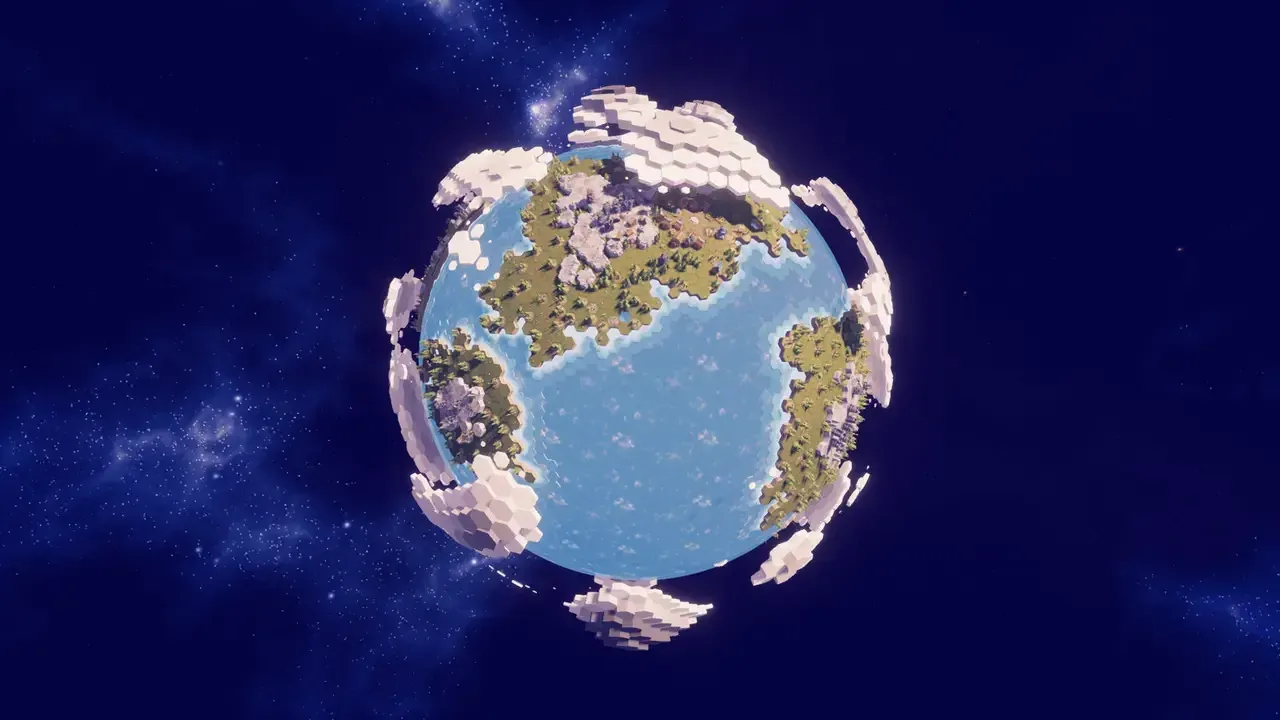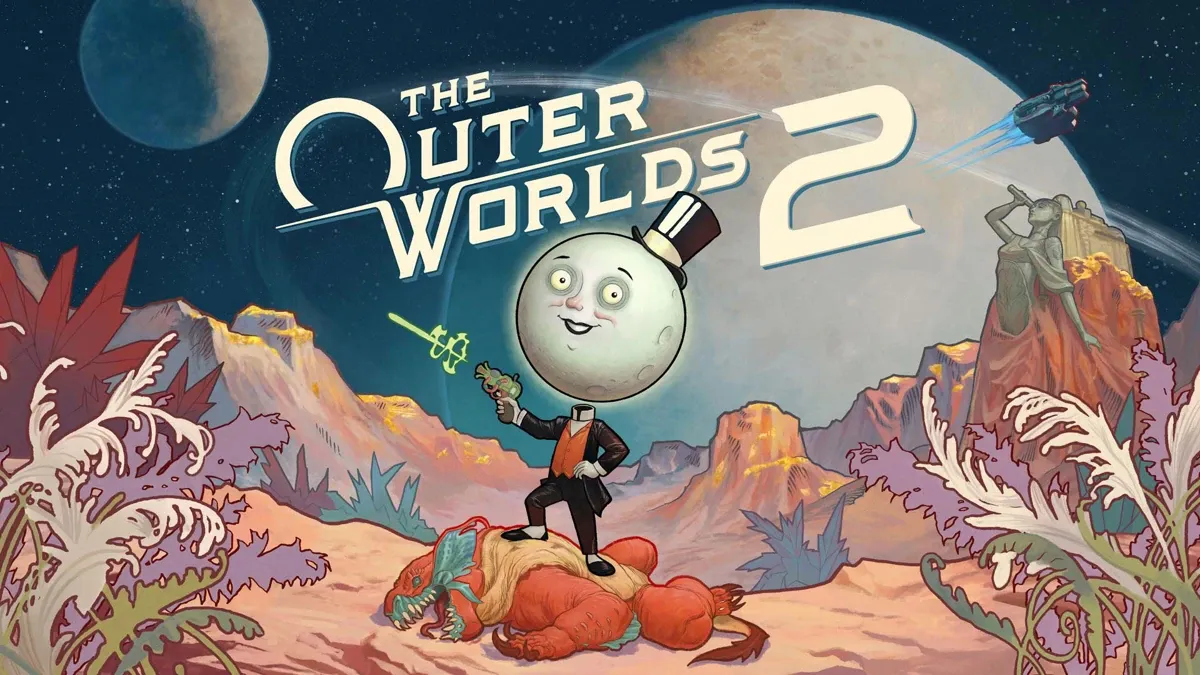🎮 Reviewed on: PC (Steam)
The distributor provided a review copy.
You emerge from an underground shelter to a world wiped clean of humanity. You don’t know where you are, but it doesn’t matter anymore: the worst has already happened, and only a handful of us are left. So you begin anew. Slowly, the fog of war fades, and the world presents itself. As the new society grows, resources dwindle, and soon you have to look towards the stars if you’re going to survive.
Called a “mostly non-violent city building game,” BEFORE WE LEAVE is a smartly designed, minimalist take on the 4×4 strategy genre. Through faultless audiovisual presentation and a chill, almost dreamlike pacing, the game takes us from one new beginning to the next as we step into the galactic expanse. There are also giant space-faring whales that graze on planets, but they’re best experienced firsthand.
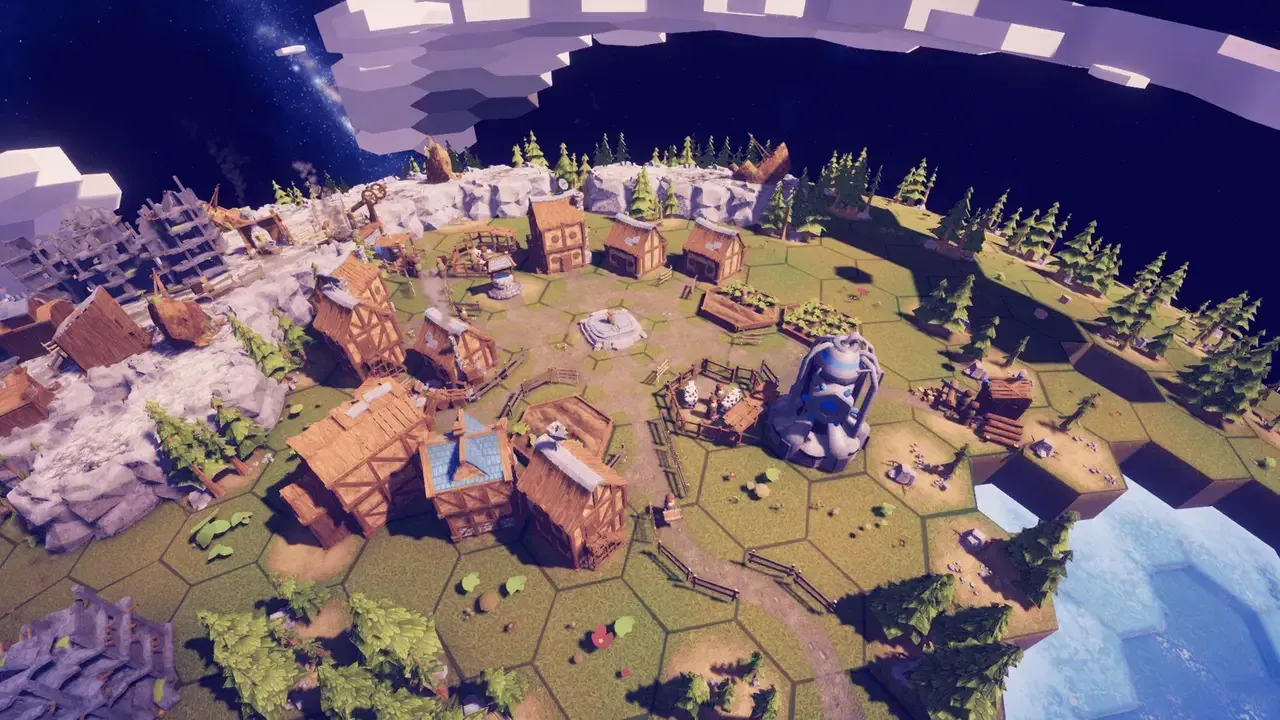
The worlds of BEFORE WE LEAVE are procedurally generated spheres covered in a hexagon-shaped grid. Each block can house one thing, be that a home, farm, or road. Your populous is a Babushka-doll-looking folk called Peeps. Unlike most Civilization-esque games, Peeps are not a unified whole but deeply individual characters, each with their insecurities and quirks. As tempting as it is to play the game from an omnipotent view in near orbit BEFORE WE LEAVE feels most rewarding on the ground level, where the connection with humankind is more immediate.
Playing the game is a joyful, calming experience that is always tinged with a hint of melancholy. The relaxing music underlines the unhurried pace, and the beautiful art design is always a pleasure to behold. Small details impress, like how the day and night cycle bathes the planet in deep blue on one side of the planet while the crimson fingers of dawn creep up on the other. Or how, if you turn the game speed up, the soundtrack picks up the pace to accommodate the times. Pull the camera far out into the upper atmosphere, and the sounds fade away entirely, replaced by a deep, surreal hum of deep space. The game strikes a delicate balance between playing God while entirely in awe of the natural forces surrounding us.
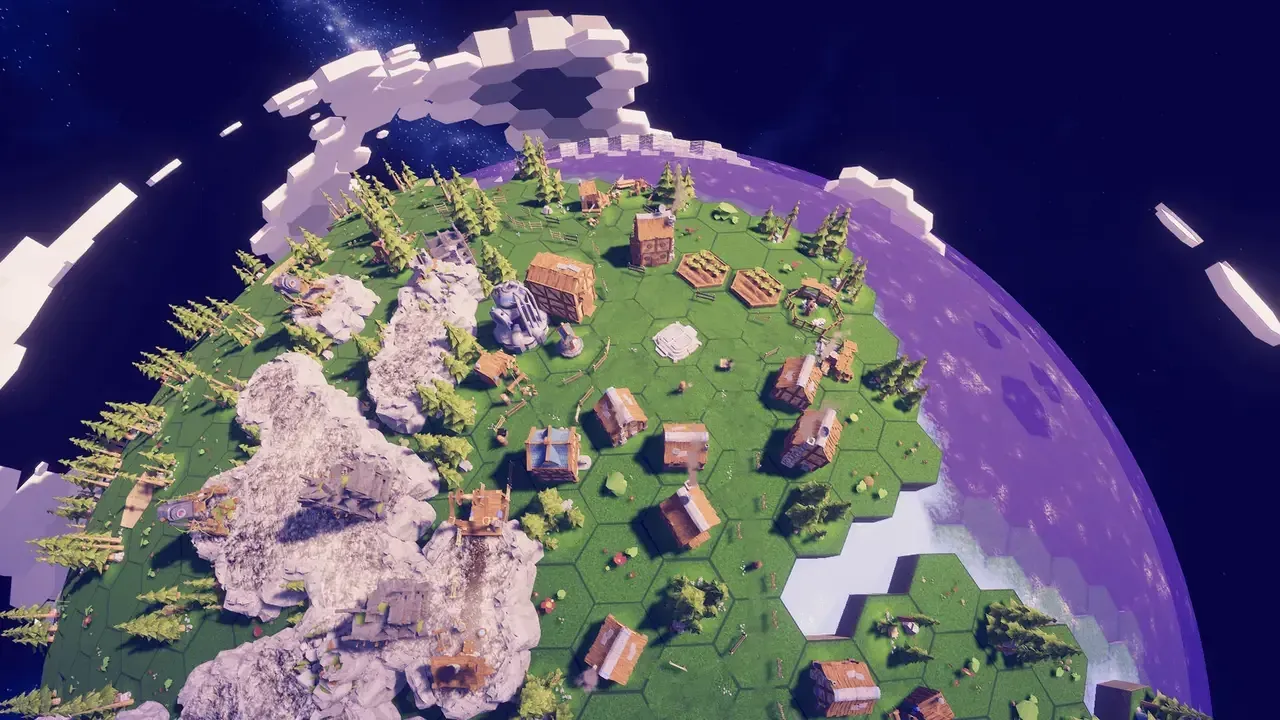
As your colony grows, the needs of your Peeps become more varied and consuming. Early on, a simple house and orchard will suffice in keeping everyone happy, but soon you’ll need to balance shipping lanes between colonies, as well as keeping your people clothed and comfortable. More extensive buildings require power, which in turn devours resources. Initially, the growing demand does make the UI feel cramped and fiddly. Still, the game doesn’t push into drastic measures with a threat of another mass extinction, allowing the player to take theirs in figuring things out for themselves.
Before long, the smallish islands that make up your home planet grow cramped, and there is nothing left to do but look spaceward.
It’s this sensation of exploration and eventuality that makes BEFORE WE LEAVE so special. As you set out into the world, the planets are formless save for the immediate vicinity. The further your Peeps travel, be that by foot or through scout ships, the more the planet takes shape. In the beginning, the world feels vast and nearly endless as it turns into the emptiness of space. You quickly establish a colony or two and begin to scavenge resources, hoping to fill up the minimalist tech tree as fast as possible. (Veterans of the 4×4 genre will be especially adept at strip-mining things for their needs. ) The sense of discovery extends to the construction, as each new building opens up new technology to research.
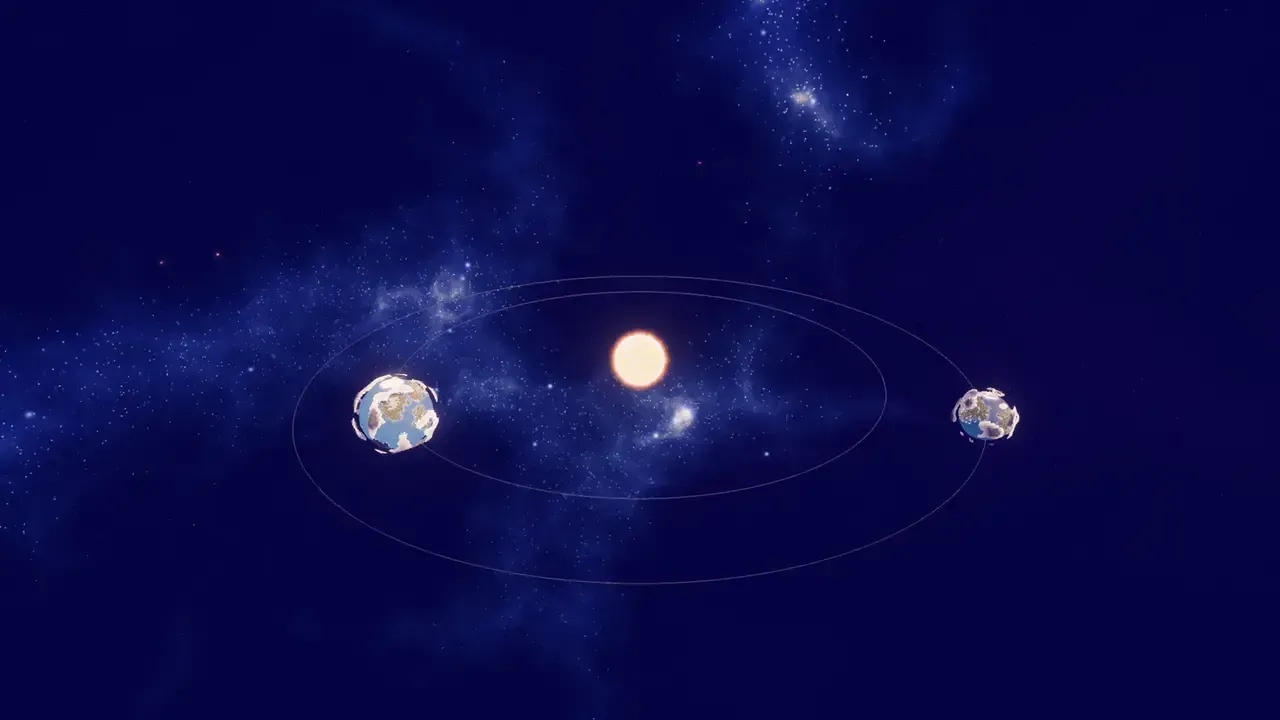
But it’s not long before you circumnavigate the globe and return to where you once started. Soon after that, the uncharted waters are brimming with shipping lanes and hopeful travelers. Once newer technology unlocks, the pace picks up as the inevitable march of the industry takes hold; more forests need to be chopped down to make way for workers, and they need power, food, and amusement. Before you know it, the planet that once seemed so big is overpopulated, its resources spent.
All that’s left is to leave it all behind and start anew once again. It’s where the “mostly” in the “mostly non-violent game” moniker comes into play. Even as you don’t actively fight wars or engage in political strife around the universe, the game never lets you escape the realization that colonization itself is an irreversible act. Even as you survive, the planets you leave behind might not. It makes the game’s title feel like an omen, a promise of the things we do to win at the galactic conquest and at what cost.
As I landed on the shores of a new Earth, somewhere far away from where I started, I couldn’t help but remember this quote from Sagan:
Our remote descendants, safely arrayed on many worlds through the solar system, and beyond, will be unified by their common heritage. Their regard for their home planet, and by the knowledge that, whatever other life may be, the only humans in all the universe, come from Earth. They will gaze up and strain to find the blue dot in their skies. They will marvel at how vulnerable the repository of all our potential once was, how perilous our infancy, how humble our beginnings, how many rivers we had to cross, before we found our way.
Any game that can evoke such grand feelings is something truly special.

